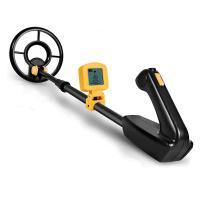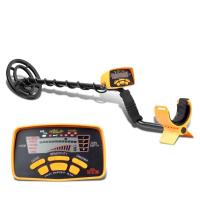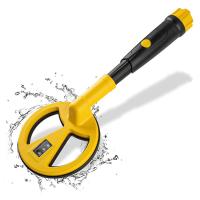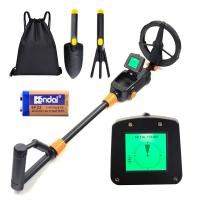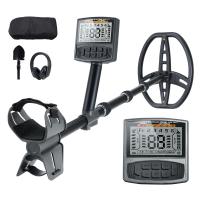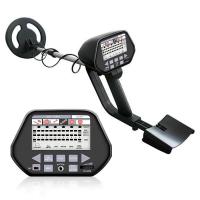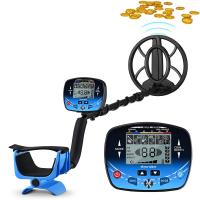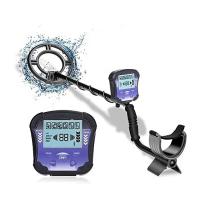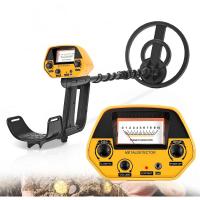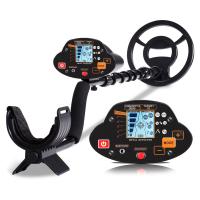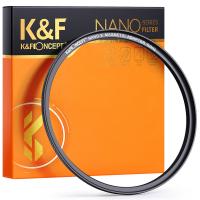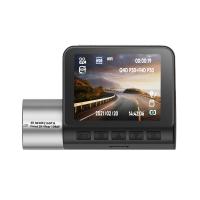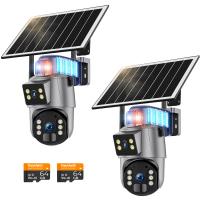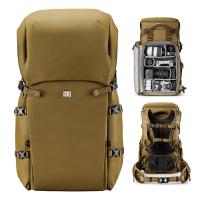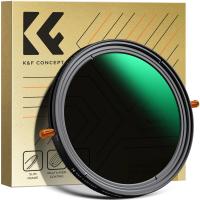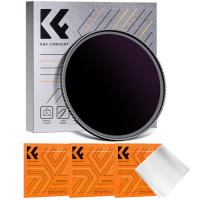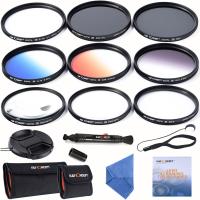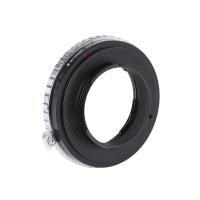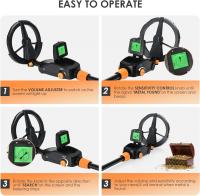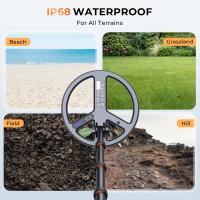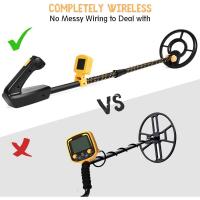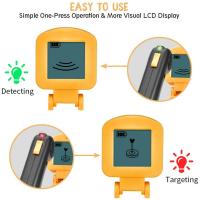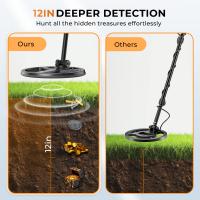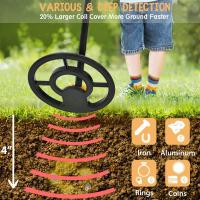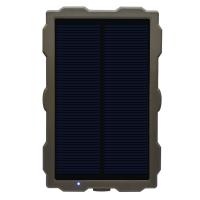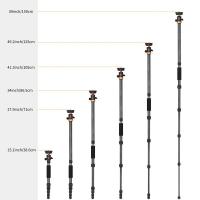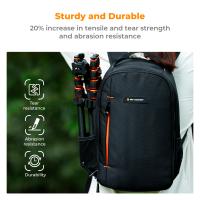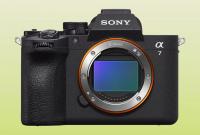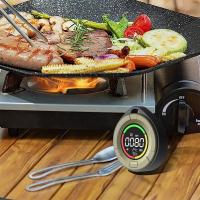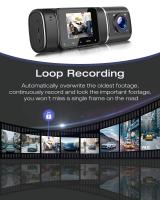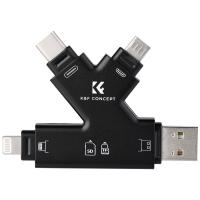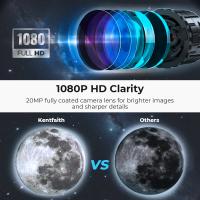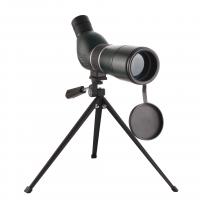How Much Metal Detector Cost?
The cost of a metal detector can vary widely depending on several factors, including the device's features, functionality, purpose, and the brand/manufacturer. Metal detectors come in a variety of types designed for specific uses, such as hobbyist treasure hunting, security, industrial applications, and professional-grade exploration. Choosing the right metal detector will depend heavily on what you plan to use it for as well as your budget. Below, we’ll dive into the factors influencing the cost of metal detectors, identify price ranges by category, and offer practical advice for choosing the best metal detector for your needs.
---
1. Understanding Metal Detector Categories and Price Ranges
To better understand how much a metal detector costs, it's important to categorize the different types of metal detectors and the typical price ranges for each. Here's a breakdown:
a. Hobbyist Metal Detectors
- Entry-Level Models: These metal detectors are designed for beginners or casual hobbyists. They are typically more affordable and come with basic features like adjustable sensitivity, simple discrimination modes, and small search coils.
- Cost Range: $50–$250
- Features: Lightweight, easy-to-use, often designed for basic treasure hunting.
- Mid-Level Models: For more frequent users who want better technology and additional features like improved ground balance, target depth indicators, and larger search coils for finding both small objects and deeper items.
- Cost Range: $250–$600
- Features: Greater accuracy, more user settings, and multifunction capabilities.
- High-End Models: These are designed for serious hobbyists and treasure hunters who prioritize advanced settings, larger coil sizes, improved sensitivity, greater depth, and waterproof or specialized designs for terrains like underwater or mineralized soil.
- Cost Range: $600–$1,500+
- Features: Pinpoint accuracy, premium components, customizable modes, robust build quality.
b. Security Metal Detectors
Security-oriented metal detectors are commonly used for personal and public safety, including hand-held wands for screening, walk-through detectors, and industrial-grade machines for larger security checkpoints.
- Handheld Detectors: $50–$200 per unit
- Walk-Through Detectors: $2,500–$8,000
- Industrial Units: $10,000+ for complex systems in locations like airports or high-security facilities.
c. Professional and Industrial Metal Detectors
Advanced metal detectors for professional use, including geologists and archaeologists, are designed to find metals in challenging environments such as highly mineralized soil, deep under the ground, or underwater. These are used to locate raw materials, precious metals, or archaeological artifacts.
- Cost Range: $1,500–$10,000+
- Features: Extreme precision, advanced technology for larger search areas, and the ability to detect specific metals.
d. Specialty Metal Detectors
Certain detectors are tailored for specific uses, such as gold prospecting or underwater exploration. These can vary widely in price:
- Gold Detectors: $800–$5,000+
- Underwater and Submersible Detectors: $300–$2,500+
---
2. Factors Influencing the Cost of a Metal Detector
Several factors determine why prices of metal detectors vary so widely. Understanding these factors may help you determine what you need based on your budget and intended use.
a. Technological Features
The more advanced features a metal detector has, the higher its price tag. Key features that drive up cost include:
- Ground Balancing: Essential for detecting in mineral-heavy areas, ground balancing helps eliminate false readings.
- Discrimination Modes: Advanced detectors can differentiate between types of metals, saving time by filtering out unwanted materials like iron.
- Frequency Options: Higher frequency detectors are better for smaller or more complex traces, while multi-frequency models allow for versatility.
b. Coil Size and Type
The search coil’s size and design influence detection depth and area coverage:
- Larger coils tend to be more expensive due to their ability to scan deeper and cover more ground.
- Specialty coil designs like double-D or concentric coils usually add to the overall cost.
c. Durability and Build
Rugged, weather-resistant devices with higher-quality construction materials often come at a premium. Waterproof models (used underwater or in rainy conditions) can significantly increase costs.
d. Brand Reputation
Renowned brands like Minelab, Garrett, Fisher, Nokta Makro, and Whites are more likely to offer robust customer support and quality products designed for specific purposes. However, products from these brands tend to be more expensive than generic or lesser-known brands.
e. Accessories
Additional accessories such as carrying cases, headphones, extra coils, and shovels may either be included with a kit or purchased separately. Kits with bundled accessories often cost slightly more but are budget-friendly in the long run.
f. Warranty and Support
Some manufacturers provide extended warranties, training, or technical support, which adds to the perceived value—and sometimes the cost—of the detector.
---
3. Choosing the Right Metal Detector for Your Budget
When deciding how much to spend on a metal detector, your choice should align with your needs, interests, and experience level. Below are some practical recommendations for different user types:
a. For Beginners
If you're new to metal detecting, you may not want to spend a fortune right away. Start with an entry-level detector in the $100–$300 range. Look for these features:
- Intuitive controls
- Lightweight build
- Basic discrimination modes
Popular beginner models include the Garrett ACE 200, Minelab Vanquish 340, or Fisher F22.
b. For Hobbyists
For intermediate users wanting better accuracy and more advanced features, mid-level detectors ($300–$600) are ideal. Pay attention to detection depth and accuracy, as well as ease of use in different environments (sand, soil, etc.). Examples include the Nokta Makro Simplex+ and Minelab Equinox 600.
c. For Gold Prospecting
For users looking to find minute traces of gold or nuggets, specialized gold detectors are required. Though these tend to start at $800, their ability to distinguish gold from other metals makes them worthwhile. The Minelab GPZ 7000 is an industry favorite.
d. For Divers/Underwater Applications
If you plan to detect underwater or around moisture-heavy environments, a submersible detector is a must. These are typically priced between $500 and $1,500, depending on depth ratings. Models like the Garrett AT Pro or the Quest Scuba Tector Pro are popular choices.
e. For Professionals or Industrial Users
For those in construction, geology, or archaeological settings, industrial/professional detectors in the $1,500+ range are likely necessary. These come with detailed screen readouts, GPS tracking, and specialized discrimination for advanced work.
---
4. Evaluating Costs Versus Value
When budgeting for a metal detector, consider value beyond just the purchase price. Spending a bit more upfront on a reliable and efficient detector often leads to better results and fewer frustrations.
- Cost Efficiency: If you plan on detecting frequently, investing in a durable model will save you money in the long run.
- Expandability: Some mid-range detectors are compatible with advanced coils or accessories, allowing you to upgrade without buying a whole new device.
---
5. Essential Buying Tips
If you've decided to invest in a metal detector, here are some final tips to ensure you’re getting the best value for your money:
1. Research Brands: Look for established brands known for quality and customer support.
2. Join Communities: Check out local metal detecting clubs or online forums. Members often have great insights or used models for sale.
3. Test Before Purchase: Many retailers let you demo a detector so you can get a feel for its operation.
4. Consider Used Models: Second-hand detectors often offer great value if they’ve been well-maintained.
---
Final Thoughts
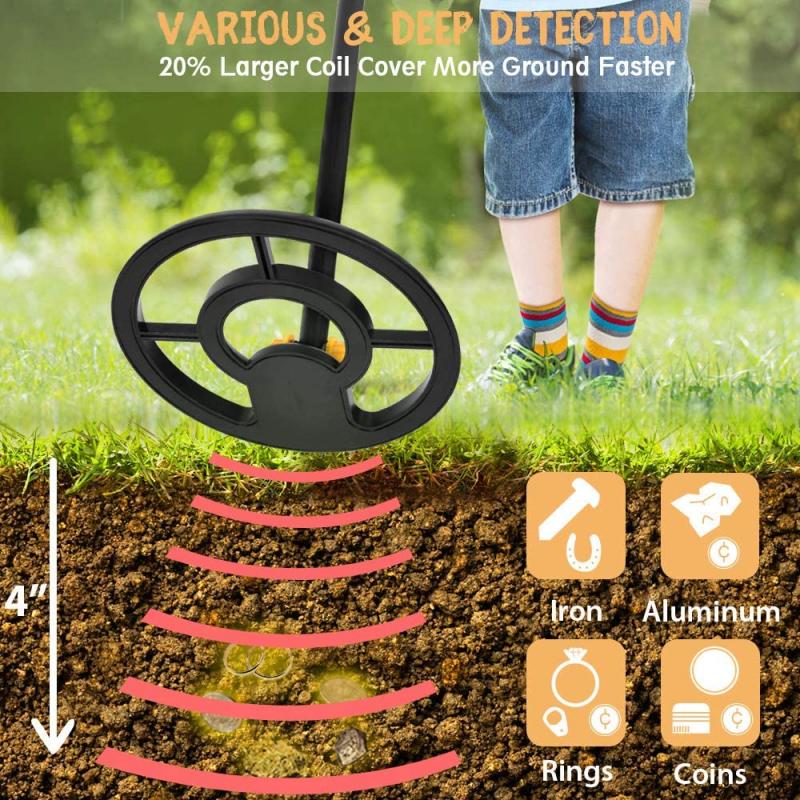
The cost of a metal detector varies greatly depending on your needs, from affordable beginner devices to high-tech solutions for professionals. Understanding the core features and purpose of each type of detector will help you narrow down your options, ensuring you don’t overspend or purchase a model

